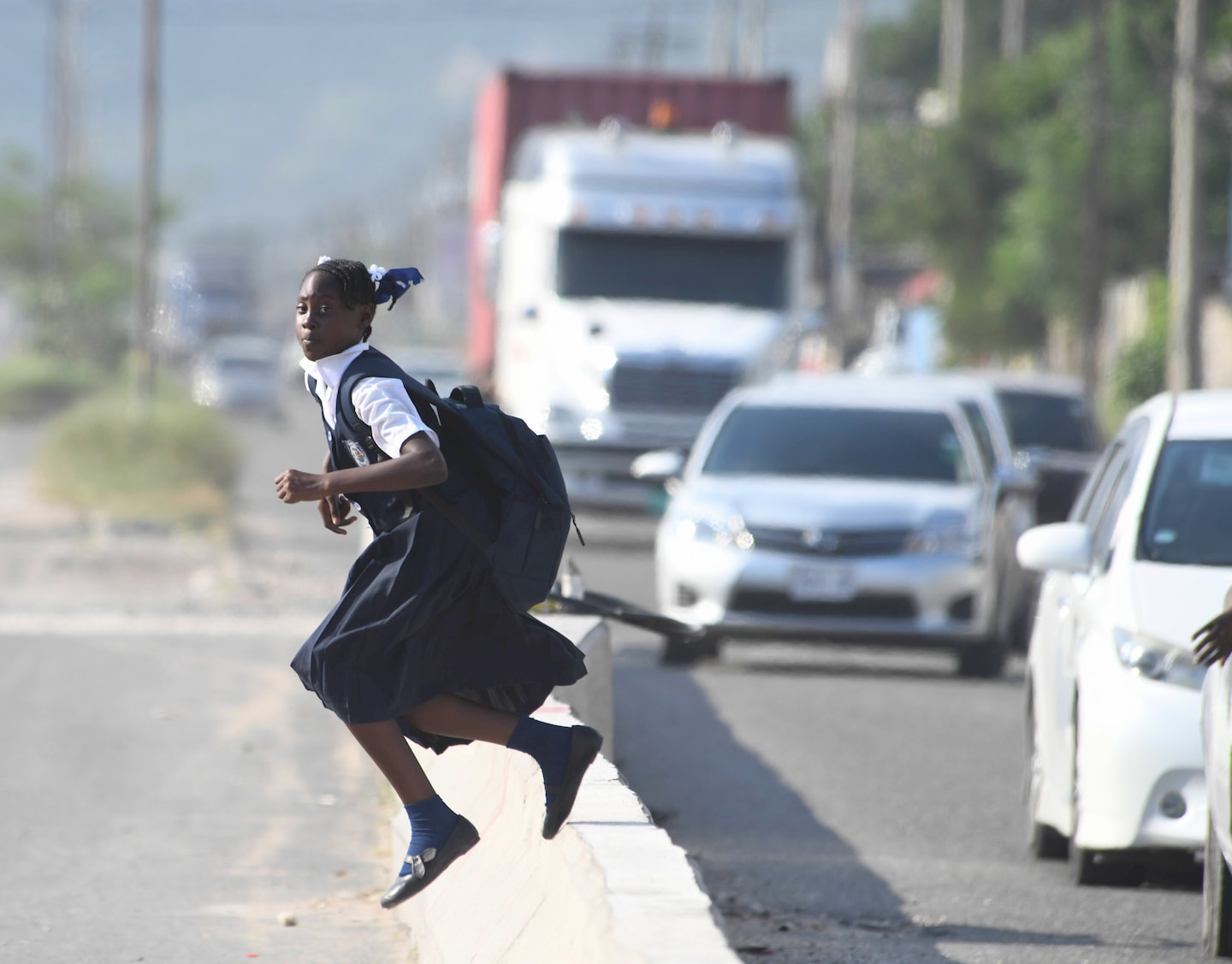The Jamaican proverb ‘Young bud nuh know hurricane’ is intended to convey the ideas of immaturity, risk-taking and self-endangerment. These are all perceived to be the result of lack of knowledge and empowering experience.
The phrase is usually uttered in desperation or arrogant pity by people considering themselves older and wiser, implying that someone younger and more foolish ‘won’t tek telling’. HeartBun is of the opinion that maybe the problem is simply that ‘one bungle a shingle kean shingle more than one bungle a shingle can shingle”.
If indeed learning is reflected in a relatively permanent change in behaviour consequent on the acquisition of information, it is unfair to expect anyone to know what they have not been taught. When it comes to our young people, the society must make up its mind about how it really feels about them so that some consistent effort might be invested in what should be taught about stormy weather, when it might come, what might be the consequences of its arrival, and how to prepare for it.
Take the theme for this November, for example, being observed as usual as Youth and Community Development Month, with parenting thrown in for good measure: “Jamaican Youth are LIT. They Lead, Inspire and Transform our Nation’. KinTeet loves the way it rolls off the tongue, millennial hype and ole-fashion hip at the same time. There seems to be a belief that as long as some modern-day linguistic formulation is included in whatever is being done, it is immediately appealing and makes a connection with the target audience.
HeartBun insists that this one nuh meck it. It sounds more like a vision statement. Something to aspire to. It might happen some time in the future, maybe even for 2030, if we work hard at it. Right now, it gives us a sense of the way things could be, but it is not the prevailing status unless we have not been speaking truthfully about the conditions of our young people, caught up as they are with old-timers in a virtual reality of a schizophrenic relationship.
The discussions about our youth have covered a vast array of problems, including youth in foster care, youth and crime, youth and unemployment, youth in lock-ups, and youth who get lockout a school gate, youth at risk, country youth vs town youth, youth on the corner, and homeless youth.
KinTeet could not help the grin. For him, it is hard to imagine that with such a menu from which to choose, people still talk about unattached youth. There is no magic wand or theme that can be applied in one month to transform them all into leaders who inspire and transpire. Yet that is the task and the vision that must be brought into reality. Otherwise, de whole place will ketch a fire with all the problems that have been the subject of debate about these young people
Statistics indicate that the Jamaican population continues to be very young: About 33 per cent of the population are children, and another 11.5 per cent are adolescents and youth of 18-24 years. Those who live in rural communities suffer the indignities of rural neglect – bad roads, poor and unreliable water supplies, unmitigated drought that hinder the efforts of their communities at even subsistence farming, town people who cry down whatever meagre prices they ask at the market for whatever they struggle to bring in fi look two.
On top of this are the paid, elected public servants who use every photo opportunity to boast about whatever little is done in the communities by way of fulfilling their job descriptions, as if it all comes from their personal largesse and serves only as another great way to entrench patronage and dependency. On the other hand, the youth who live in urban communities struggle with decay: standpipes in the 21st century, run-down or abandoned buildings, zinc fences, high unemployment, social and political disenfranchisement, substandard social amenities, and families under every conceivable stress as they struggle to help themselves and their children escape into some version of renewal.
None of this is news to HeartBun. As far as he is concerned, whatever category in which they are placed, one thing remains constant: “Youth is about the only thing worth having, and that is about the only thing youth has.” They will not have it forever. This is precisely the imperative of community development. It must change the conditions of the present generation so that the youth inherit a bright future.
Community development must seek to meet the basic needs of all members of all communities and result in financial stability, a desire to participate in governance, and not just vote for a government, a shared agenda, and sense of the future. They must, above all, have a feeling of belonging. Otherwise, we will perpetuate a model of relationships in which some will be lit and some will do the lighting. Some will see the light but fumble in the darkness of ignorance of how to get into it. And still, others will not even know sey hurricane bring breeze dat will blow out de likkle cangle dem try light. This is not a good formula for leadership, inspiration and transformation. It is not sustainable and presents a major hindrance to Jamaica as the place of choice for anything that has been envisioned.
Amina Blackwood-Meeks, PhD, Cultural Studies, is a lecturer and college orator at The Edna Manley College of the Visual and Performing Arts. Send feedback to jamaicantukuma@gmail.com or viewpoints@gleanerjm.com.







